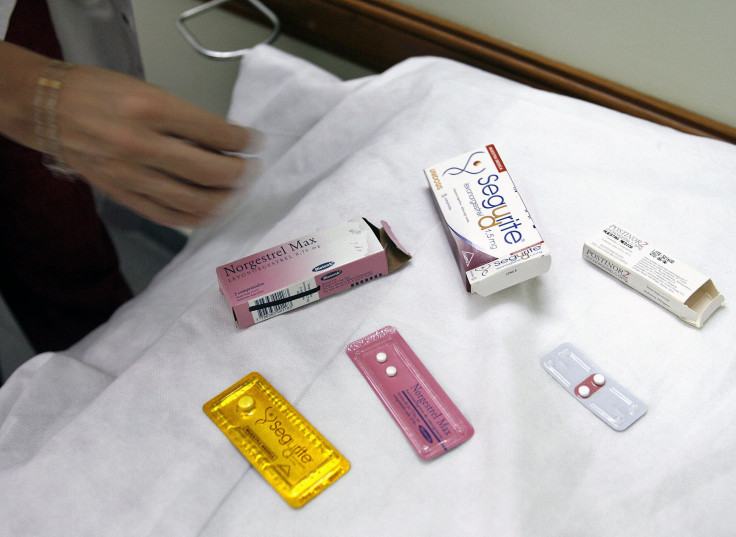Emergency Contraception Should Be More Available To Teens, Says American Academy of Pediatrics

The American Academy of Pediatrics (AAP) said emergency contraception methods like Plan B should be more available to teens who need parental permission to obtain it in some cases.
The new policy released on Monday states emergency contraception should be more available since "it can reduce the risk of unintended pregnancy in adolescents" who are sexually active.
"Adolescents are more likely to use emergency contraception if it’s prescribed in advance. Many teens continue to engage in unprotected sexual intercourse, and as many as 10 percent are victims of sexual assault. Other indications for use include contraceptive failures (defective or slipped condoms, or missed or late doses of other contraceptives)."
The new policy statement from the country's largest organization of pediatric doctors was published in the December 2012 issue of Pediatrics magazine as well as online Monday.
"People say that if you make this available that kids will have more sex and less protected sex, and that is not true," University of Washington and lead author of the policy, Dr. Cora Breuner, told U.S. News & World Report. "Seven studies showed that is not true."
According to the AAP, teens today "younger than 17 years must obtain a prescription from a physician to access emergency contraception in most states." The organization goes on to explain that in all states, females over 17 and males over 18 can obtain emergency contraception like Plan B without a prescription.
However, with more readily available options, the organization believes teens would be more likely to use emergency contraception if it was prescribed beforehand.
“When used within 120 hours after having unprotected or under-protected sex, selected regimens for emergency contraception, such as Plan B, Next Choice, etc., are the only contraceptive methods to prevent unwanted pregnancy," the statement read.
The AAP also encouraged pediatricians and doctors to counsel teen patients on the effects of emergency contraception as well as other forms of contraception "regardless of age." The purpose of the statement was to highlight the importance of the time frame for emergency contraception and its effectiveness when taken within one day of unprotected sex.
The American Academy of Pediatrics said the new guideline is an update to a 2005 policy previously issued by the AAP.
While teen birth rates have been on a steady decline, a study along with the new policy reported more than three quarters of pregnancies within teens are unintended, totaling 34 of every 1,000 births from women ages 15 to 19 in 2010.
Meanwhile, another study conducted by the U.S. Centers for Disease Control and Prevention stated the U.S. abortion rate fell to its lowest level in a decade for 2009 at 15.1 abortions pet 1,000 women ages 15 to 44. According to the CDC's statement last week, the data indicates women have turned to dependable forms of birth-control and widespread sex education in schools.
© Copyright IBTimes 2025. All rights reserved.





















